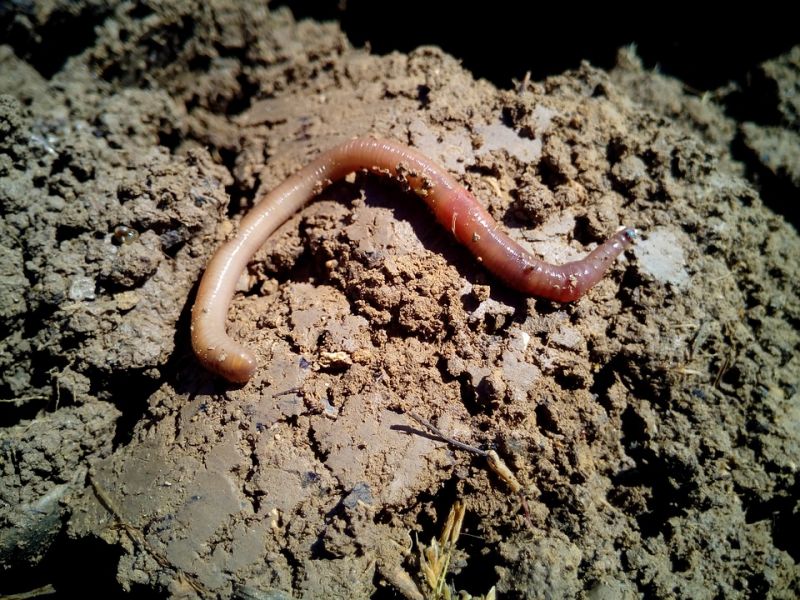Worms are Turning Waste into Water At a Treatment Plant
Published on by Water Network Research, Official research team of The Water Network in Maintenance
Worms are turning waste into water at a Strathmerton treatment plant in what will be an Australian first.
‘‘We are using worms as the engine of our waste and water treatment plant,’’ Booth Transport project manager Brendan Edwards said.

Representative image, source: Pixabay
Common in Chile, the technology allows the business to clean 125million litres of wastewater a year, which comes from cleaning up to 50 tankers per day as well as silos.
‘‘The water treatment facility we have will be known as a worm farm ... Traditional methods are very costly, so using a worm farm is a cost-effective method by filtering for a start and then it will be sprayed onto the worms where the worms will be eating the food, so the fats and proteins, and then that will reduce the biological oxygen of that wastewater,’’ Strathmerton plant manager Michael Banfield said.
‘‘It will then go through a desalination process which remove the salts from that water.
‘‘That water can then be put back into the irrigation channel where the water can be reused for irrigation.’’
Mr Banfield said it was obvious from the start of the project that wastewater was going to be a problem.
‘‘As the plant was being built, wastewater was going to be a hassle.
‘‘Bringing milk in is fine but with all the cleaning and rinsing of the line it becomes a waste stream. This waste stream we are now able to clean up and be able to reuse any as clean water.’’
Read full article: Country News
Media
Taxonomy
- Treatment
- Treatment Plants
- Biological Treatment
- Biology
- Water Utility
- Utility Management
- Water microbiology
- Biological Engineering